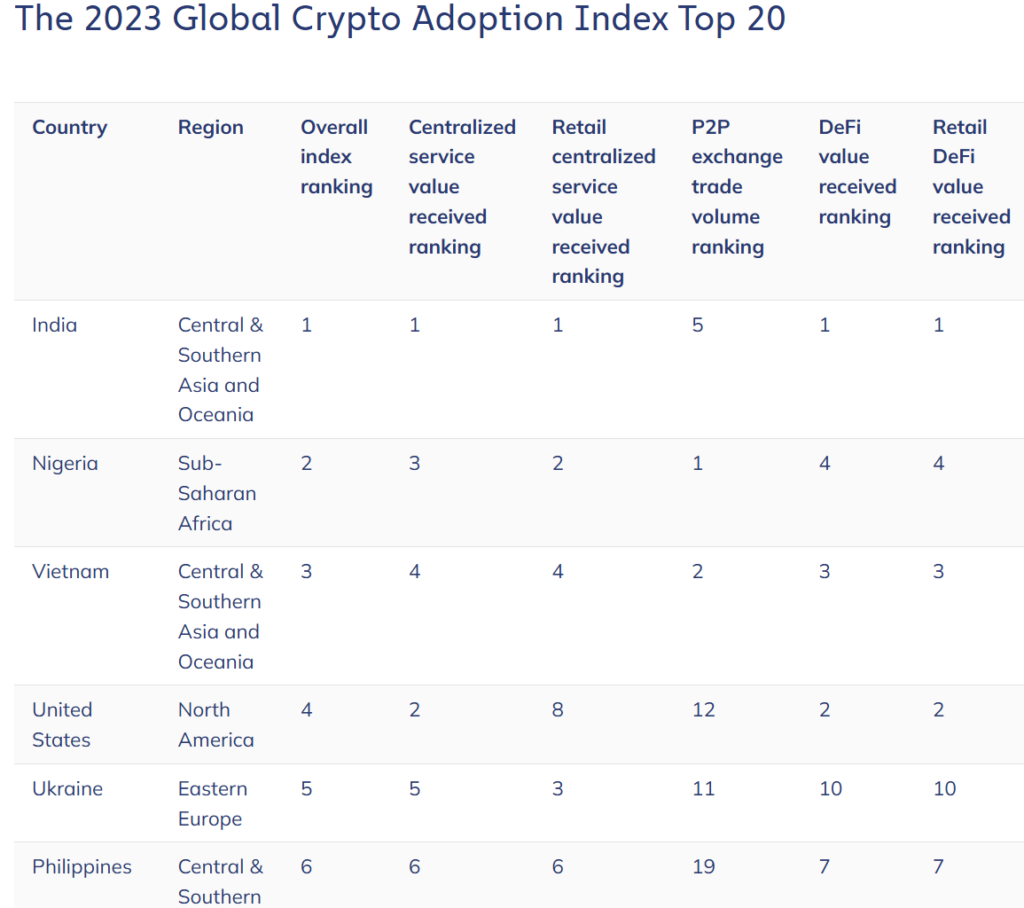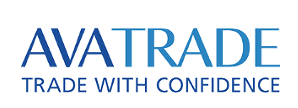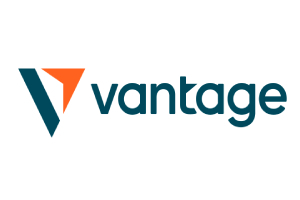In a surprising turn of events, KuCoin, a major player in the cryptocurrency exchange world, has announced a new policy for its Nigerian users. Starting July 8, 2024, the platform will begin collecting a 7.5% value-added tax (VAT) on transaction fees.
This move has stirred up quite a buzz in Nigeria’s crypto community, leaving many wondering about its implications for the future of digital currencies in the country.
What’s the Big Deal with the KuCoin VAT Move?
VAT, or value-added tax, is a type of tax that’s added to the price of goods and services. In Nigeria, the standard VAT rate is 7.5%. KuCoin’s decision to implement this tax on its platform is a significant step towards aligning with local tax laws.
✅KuCoin introduces 7.5% VAT on trading fees for Nigeria Users
We are writing to inform you of an important regulatory update that impacts our users from Nigeria.
Starting from July 8th, 2024, we will begin collecting a Value-Added Tax (“VAT”) at a rate of 7.5% on… pic.twitter.com/Y6elL3RjFi
— KuCoin Africa (@KuCoinAfrica) July 3, 2024
KuCoin isn’t just applying the VAT to the total amount of crypto being bought or sold. Instead, they’re only charging it based on the fees they collect for each transaction. This means the impact on users’ wallets might be smaller than you’d think at first glance.
For example, imagine you’re buying $1,000 worth of Bitcoin on KuCoin. The platform charges a 0.1% fee, which would be $1. Now, with the new VAT policy, you’ll pay an extra 7.5% on that $1 fee, which comes out to just $0.075. So, your total cost would be $1,001.075 instead of $1,001.
Crypto Regulation in Nigeria
To understand why this move is causing such a stir, we need to look at the bigger picture of crypto in Nigeria. The country has one of the highest rates of crypto adoption in the world.

Many Nigerians have turned to digital currencies as a way to protect their money from the falling value of the local currency and rising inflation.
However, the Nigerian government hasn’t always been friendly towards crypto. In 2021, the Central Bank of Nigeria (CBN) banned banks from working with crypto companies. This made it harder for Nigerians to buy and sell digital currencies.
More recently, the government has taken a tougher stance on crypto exchanges. In March 2024, they sued Binance, another major crypto exchange, for tax evasion. They accused Binance of not paying VAT and helping its customers avoid taxes.
Given this backdrop, KuCoin’s decision to start collecting VAT is interesting. Some people in the crypto world see it as a smart move to stay on the right side of Nigerian regulators.
Chimezie Chuta, a well-known figure in Nigeria’s crypto scene, suggests that KuCoin might be doing this to improve its chances of getting an official license to operate in the country. He points out that only licensed companies can collect taxes for the government.
This idea gains more weight when you consider that KuCoin has already made other moves to follow Nigerian rules. For example, they recently stopped offering peer-to-peer trading for the Nigerian naira, following a request from Nigeria’s Securities and Exchange Commission.
Mixed Reactions from the Crypto Community
As you might expect, not everyone is thrilled about KuCoin’s new VAT policy. Some worry that it could be the start of more taxes and regulations that might slow down the growth of crypto in Nigeria.
Joel Chibueze, a crypto player in the country, thinks the tax might hurt the industry. He argues that in a country where jobs are hard to come by, the government should be careful about putting up barriers in growing sectors like crypto.
On the other hand, some see this as a positive step. They believe that by working with regulators, crypto companies can help build trust and potentially lead to more friendly policies in the future.
What Does this Mean for the Future of Crypto in Nigeria?
KuCoin’s move raises some big questions about the future of cryptocurrency in Nigeria. Will other exchanges follow suit and start collecting VAT? How will this affect the way Nigerians use and trade crypto?
It’s too early to say for sure, but this could be a turning point. If more exchanges start following local tax laws, it might help change the government’s view of crypto. This could potentially lead to clearer regulations and maybe even official recognition of cryptocurrency businesses in Nigeria.
However, there’s also a risk that increased costs and regulations could push some users towards less-regulated, potentially riskier platforms.
Interested In Trading The Market With A Trusting Partner? Try LonghornFX Today.
- Broker
- Min Deposit
- Score
- Visit Broker
- Award-winning Cryptocurrency trading platform
- $100 minimum deposit,
- FCA & Cysec regulated
- 20% welcome bonus of upto $10,000
- Minimum deposit $100
- Verify your account before the bonus is credited
- Fund Moneta Markets account with a minimum of $250
- Opt in using the form to claim your 50% deposit bonus
Learn to Trade
Never Miss A Trade Again

Signal Notification
Real-time signal notifications whenever a signal is opened, closes or Updated

Get Alerts
Immediate alerts to your email and mobile phone.

Entry Price Levels
Entry price level for every signal Just choose one of our Top Brokers in the list above to get all this free.



